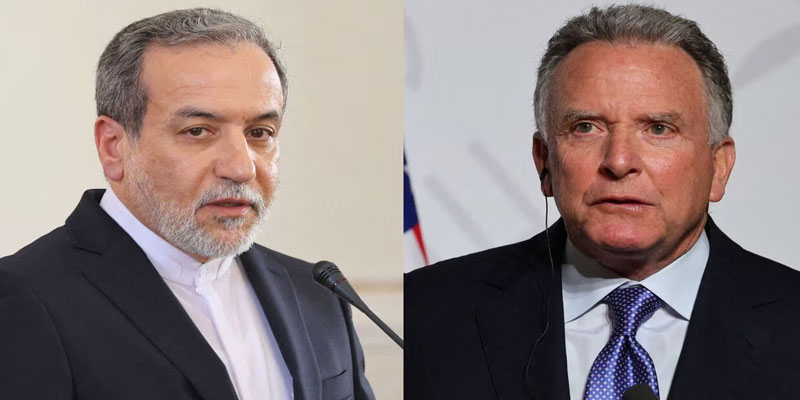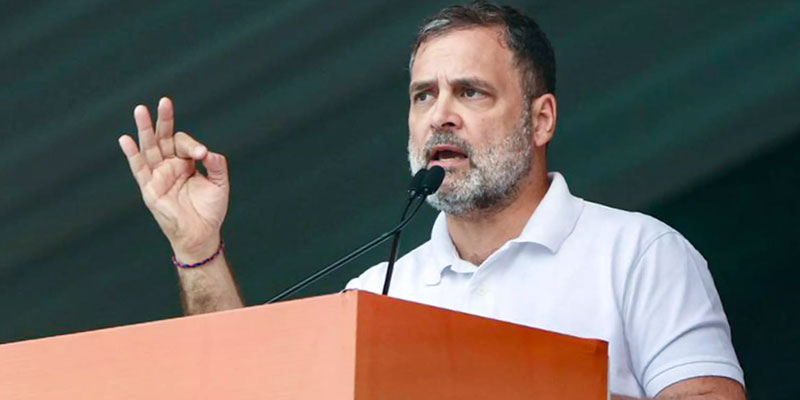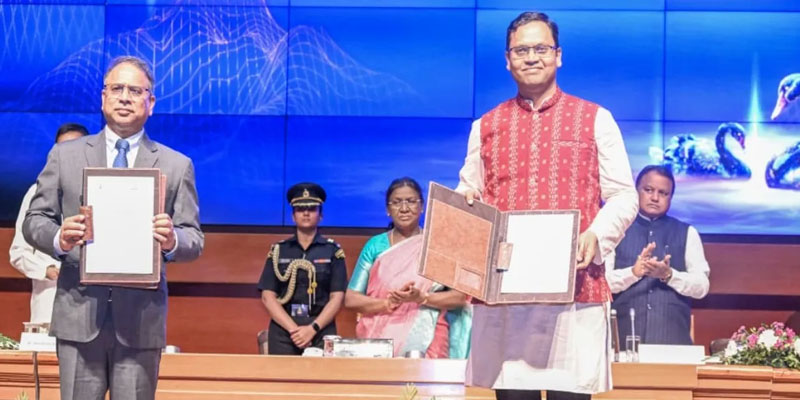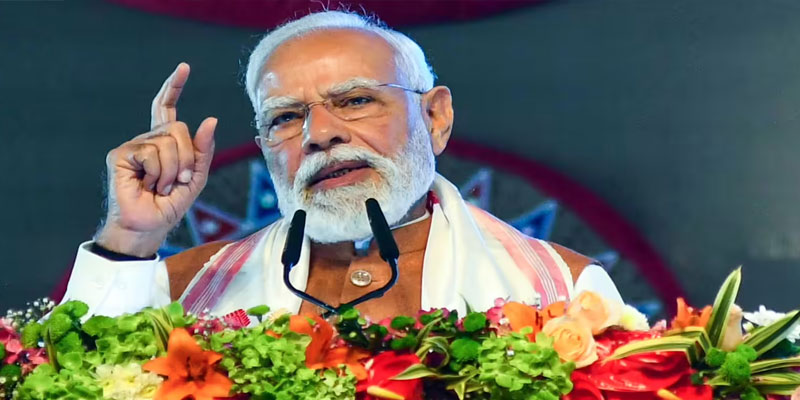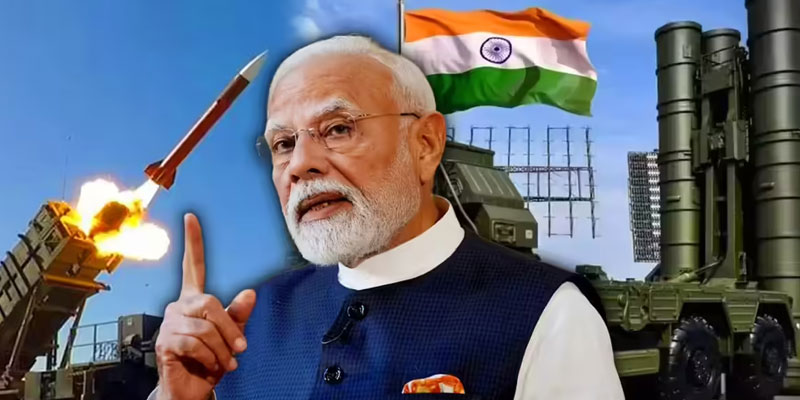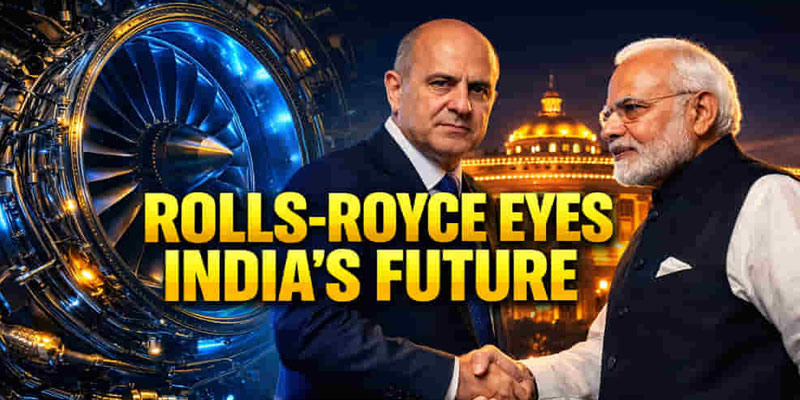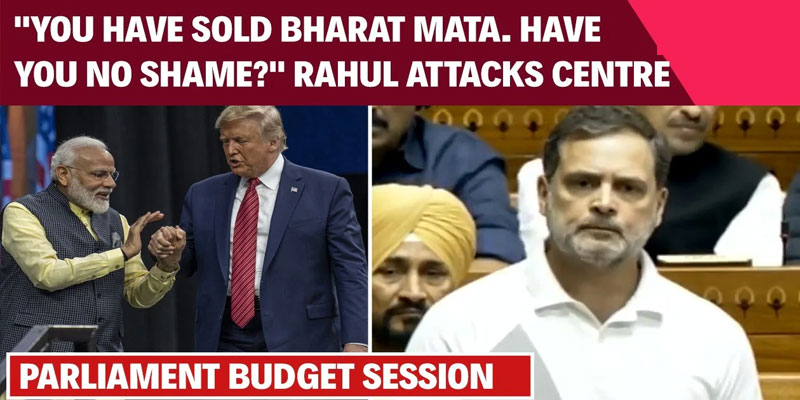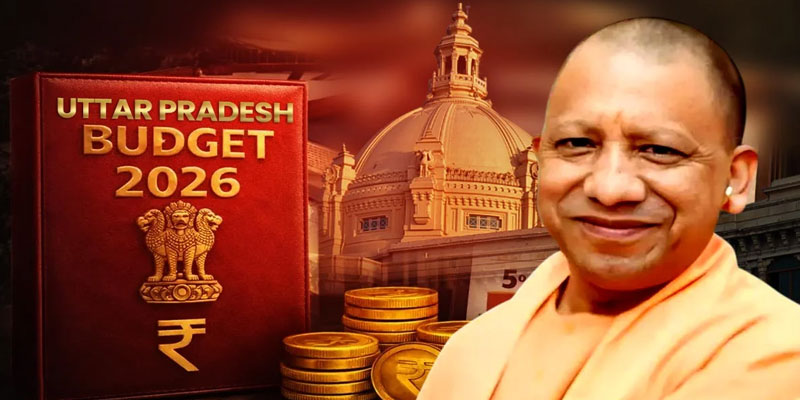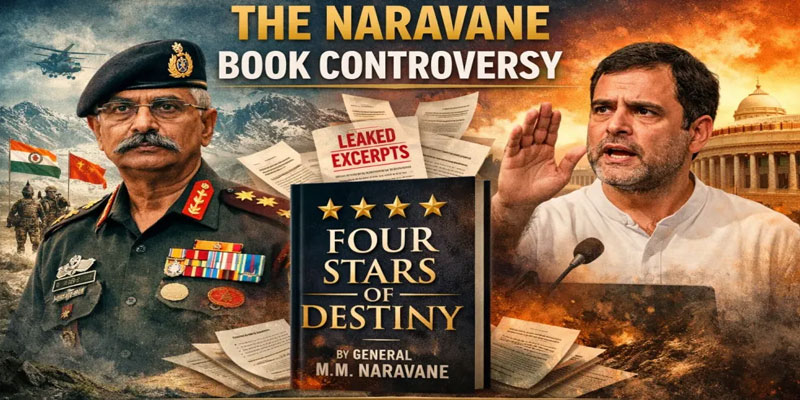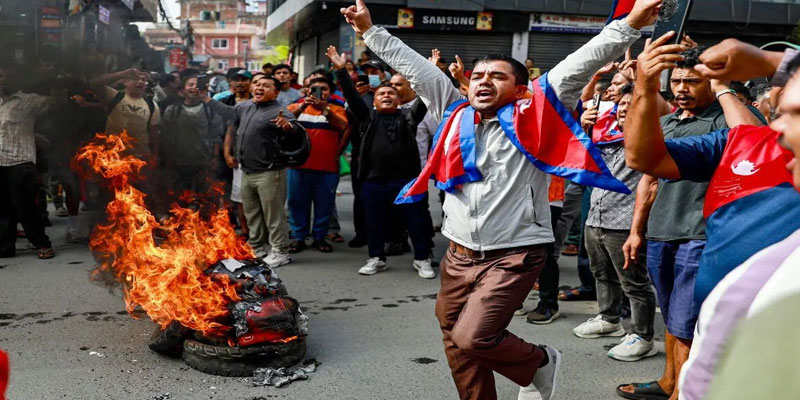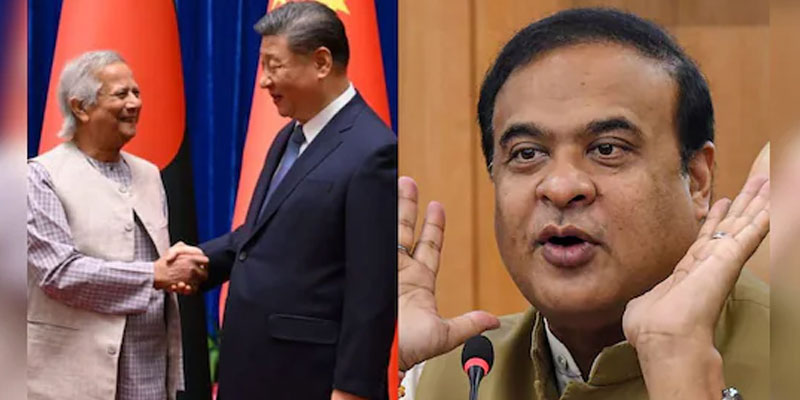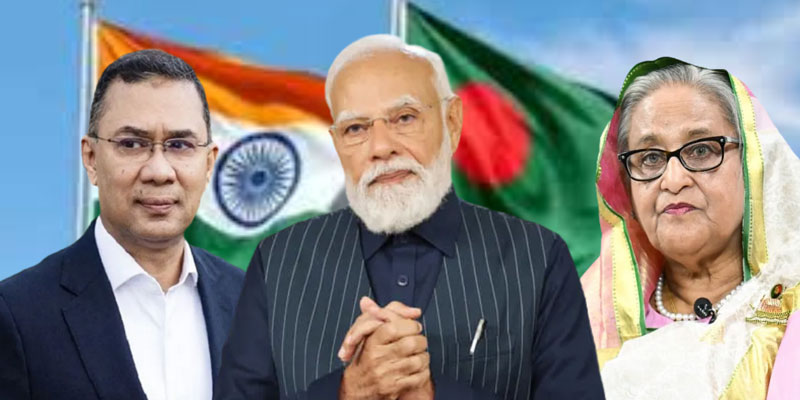A Metaphorical Message for Madhya Pradesh Congress
Signalling a sweeping overhaul of the Madhya Pradesh Congress, senior leader Rahul Gandhi launched a direct and metaphor-laced critique of the state unit’s internal stagnation during a charged address in Bhopal on Wednesday. Speaking at Ravindra Bhawan to a packed hall of party workers, Rahul invoked a vivid metaphor to reflect on leadership dynamics:
“There are three types of horses — race horses, wedding horses, and lame horses. The race horse will race, the wedding horse will perform in weddings, and the lame horse should be asked to retire.”
His message was unmistakable: the old guard and underperforming elements in the party structure will be shown the door as the Congress prepares for a generational shift in Madhya Pradesh. In a veiled warning, he added that those who resist change or disrupt internal cohesion would face disciplinary action.
Rahul's reference to "two horses" in Gujarat was now expanded to three in Madhya Pradesh, underlining his intent to replicate structural reforms that were introduced recently in Gujarat. Drawing parallels, he emphasized the importance of merit-based leadership at every level of the organisation — from the district presidents down to the booth-level workers.
He described how in Gujarat, the old list of district presidents largely included personal aides and political loyalists, while the new list focused on ground-level performance and political promise.
“This is the model we now want to replicate in Madhya Pradesh. From the top to the bottom — it’s time for a clean slate,” he said.
The selection of district presidents, he stated, would henceforth be based on objective metrics:
· Local vote share gains
· Mobilization of support among marginalised groups
· Recruitment of new grassroots workers
· Transparency in candidate selection
Rahul also affirmed that district presidents will now play a pivotal role in selecting candidates for local bodies, MLA seats, and MP nominations — a stark shift from earlier top-down nominations.
‘Narendra-Surrender’: A Sharp Jibe at the PM
In the second half of his address, Rahul Gandhi pivoted from internal party reforms to external attacks on Prime Minister Narendra Modi. Referring to India’s response to the Pahalgam terror attack and the subsequent Operation Sindoor, he mocked Modi’s perceived compliance with global pressure:
“Trump picked up the phone and said, ‘What are you doing, Modi ji? Narendra-Surrender.’ And like that, Modi surrendered.”
Rahul contrasted this with the firm stance of Indira Gandhi during the 1971 war, pointing out that despite threats from the US 7th Fleet, she refused to bow.
“Indira ji did what needed to be done — without waiting for any call,” he said, drawing a direct line between strong leadership and national sovereignty.
He further accused the BJP and RSS of a legacy of surrender, tracing it back to the freedom struggle, and claimed that leaders like Mahatma Gandhi, Nehru, and Sardar Patel stood their ground against global superpowers — unlike today’s leadership.
BJP Counters with Fire
The BJP wasted no time in firing back. Madhya Pradesh BJP President V.D. Sharma lashed out, calling Rahul Gandhi’s remarks an insult to India’s national leadership.
“His statements reflect his Italian upbringing. He’s echoing the voice of Pakistan and playing into China’s hands,” Sharma said, defending Modi’s strong stance on terrorism and citing destruction of terror camps as proof.
Sharma also questioned Rahul’s criticism of Modi’s leadership during crises while glossing over Indira Gandhi's decision to release prisoners of war after the 1971 victory.
Between Revival and Reckoning
Rahul Gandhi’s speech in Bhopal wasn’t just rhetoric — it marked the beginning of what could be a generational reset in the Congress, especially in a politically significant state like Madhya Pradesh. With symbolic metaphors, structural blueprints, and sharp political jabs, he laid down both an internal roadmap for revival and an external strategy to counter BJP's dominance.
However, the true test lies ahead: whether the Congress can move beyond metaphors and actually empower its race horses — or risk staying stuck in the stable of inertia.
(With agency inputs)





